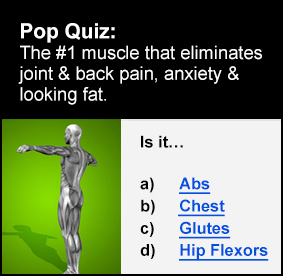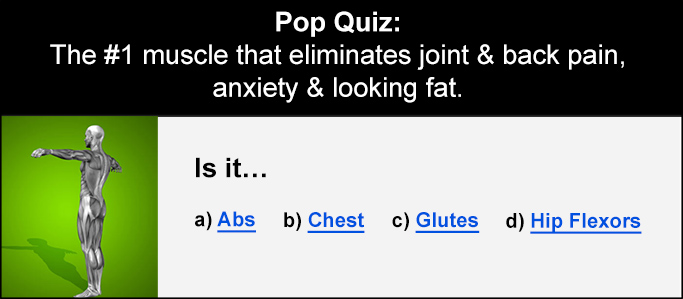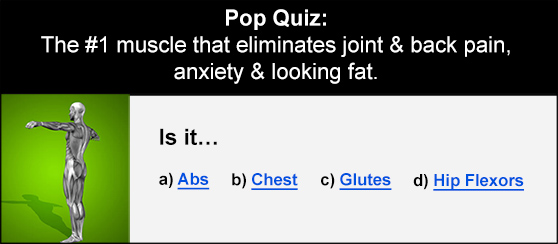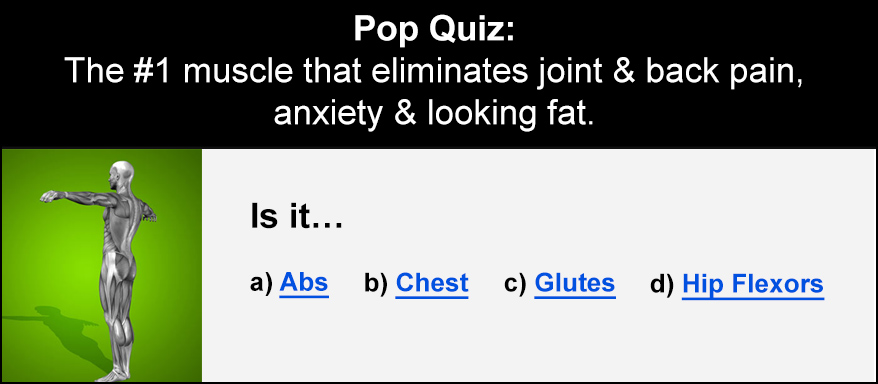
Being a self-proclaimed “coffee connoisseur,” I was really interested in getting to the bottom of this often debated question and I was really hoping for profound, unarguable scientific proof! Yup . . . I was ready to insert graphs, pie charts and all the evidence to prove that my intense love for this, in my opinion, magical beverage was giving me super powers beyond my wildest dreams. Why are you laughing?
Well . . . I do not have any pie charts or graphs to show you and I have no evidence to support that I’m gaining any super powers from drinking coffee, but it’s not bad news either. What I ended up learning was that when it comes to caffeine, particularly when discussing the consumption of coffee, it’s effectiveness on memory is still very much mixed as far as the research is concerned. So what does mixed mean? Keep reading . . .
The bottom line is that there is both positive and negative effects associated with drinking coffee and that is part and parcel for almost anything we consume. And as you can probably guess, the negative attention is almost exclusively linked to the over-consumption of coffee. Further to that, over-consumption is very much individual specific; what is too much for you may not be too much for someone else.

What some studies have found is that caffeine may, now I said “may,” enhance short term memory (1), where other studies have found no effect whatsoever (2). While the majority of research on this subject is still very much debated as far as what, if any effects at all, caffeine may have on positively influencing long term memory, one small study did find that caffeine may improve long-term memory when consumed after learning (3). Now the amount of caffeine administer in this study was only 200 mg, so it was a very small amount. However, the findings have given researchers the motivation to further investigate just what and how much of an effect caffeine consumption has on our long term memory.
What I will say is this . . . if you enjoy your morning or midday coffee there is no reason to stop. If you feel like you may be drinking too much, and not because you feel your memory is suffering, but for other reasons like not being able to sleep well, jittery, headaches, etc., then you may want to consider cutting back. If you not now, nor ever were a coffee drinker but are inclined to start because you believe there is a cognitive benefit, I would caution you to not allow this to be your motivation. At least not until we know, with absolute certainty, through much more scientific research and several more study trials that it actually does have a benefit on enhancing long term memory and how much makes any difference at all.
References
1. https://www.ncbi.nlm.nih.gov/pubmed/15678363
2. https://www.ncbi.nlm.nih.gov/pubmed/11713623
3. https://www.ncbi.nlm.nih.gov/pubmed/24413697







